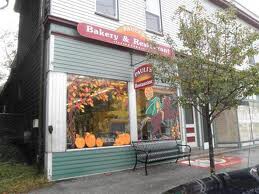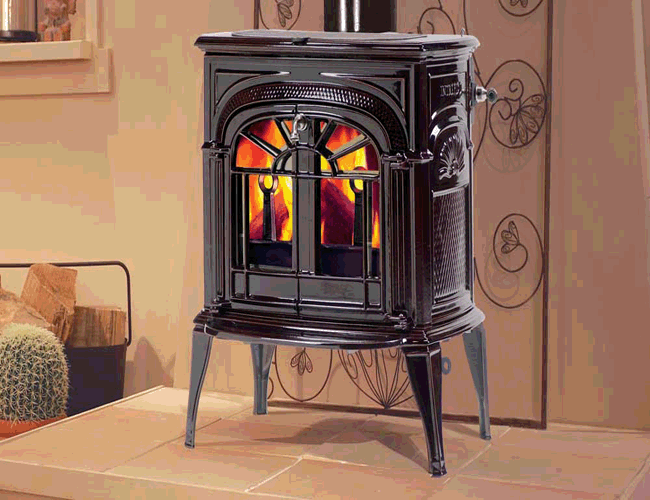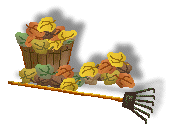A Special Place to Visit in Tilton
The town of Tilton has many special places –
natural, historic, architectural, and retail.
This Tilton Conservation
Newsletter offers a glimpse into one of those special places –

Pauli's Bakery and
Restaurant
Located on Main Street in downtown Tilton,
Pauli's offers breakfast and lunch daily.
The restaurant is well-known delicious homemade breads, breakfasts,
sandwiches,
and the daily
specials. With its typical small town atmosphere, this is a gathering
place
for locals and for tourists visiting the area.
The gaily decorated windows change
with the seasons and holidays. Be sure to
arrive early because this is a
very popular place to eat and people travel from all
over to come here. As you do your
holiday shopping, Pauli's would be a great place to start your busy day
with breakfast
or to take a break from the hustle and bustle to have lunch.
Best Burn Practices
The EPA has some suggested
best practices for consumers who heat with wood.
1. Season wood throughout the
summer for at least 6 months before burning it.
Properly seasoned wood is darker, has cracks in the end
grain, and sounds
hollow when smacked against another piece of wood.
2. Wood burns best when the moisture content is less than
20%. You can purchase
a wood moisture meter to test the moisture content of your
wood before you burn it.
3. Store wood outdoors - stacked neatly off the ground with
the top covered.
4. Burn only dry, seasoned wood that has been split
properly.
5. Burn hot fires.
6. Regularly remove ashes from your stove into a covered
metal container and store outdoors.
7. Never burn household garbage or cardboard. Plastics,
foam, and colored
ink in magazines,
boxes, and wrappers produce harmful chemicals when
burned. They may also damage your stove.

What About the Leaves All Over
Your Lawn?

Leaves are packed with
carbon, phosphorus, and trace minerals
that trees draw up from deep in the soil. In a woodland
setting, these minerals are added back into the soil
each year when the leaves fall and then decompose.
However, in a lawn setting, most people rake or blow
every single leaf away taking away all those nutrients.
Why waste this excellent and free source of nutrition for the lawn and trees whose roots extend below the lawn. Don't rake or blow the leaves. Mulch them into your lawn.
Studies at Purdue University show that mulching leaves into the turf can be beneficial to soil and grass. Soils with mulched leaves showed increased microbial activity and better water infiltration. A Michigan State University study showed that when leaves were mulched into established turf, the grass greened up quicker in the spring and also had fewer dandelions.
Instead, mow the leaves on your lawn into dime-sized pieces and let them fall to the soil. Once the leaf bits settle in, microbes and worms will begin to recycle them.
Shrubs and perennials will
benefit from a leaf mulch which is nutritious and keeps
the soil from eroding during heavy rain.
Article from New Caanan, CT Conservation Commission
newsletter